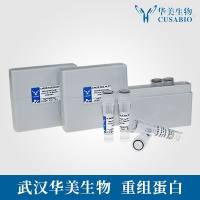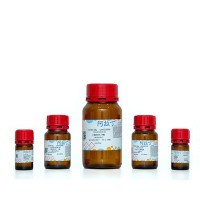In Vitro Assays for Immune Monitoring in Transplantation
互联网
491
Because immune responses to transplant allografts are the main drivers of rejection, the ability to accurately quantitate antidonor immunity is an important goal in clinical transplantation. These allow for the prediction of presensitization to the transplanted tissue and the identification of rejection without needing more invasive tests.
In this chapter, we will review three methods currently used in transplantation research. Limiting dilution assays are a traditional tool. The evolution of these assays has brought about the ELISpot. Developments in flow cytometry are also contributing to the understanding of the composition of the cells involved in these immune responses.
We can therefore obtain a deeper understanding of the process of rejection and tolerance and their evolution with time. This chapter reviews in vitro assays in the context of transplantation, but the scientific applications of sensitive, accurate, and specific immunemonitoring reach well beyond this field of research.








